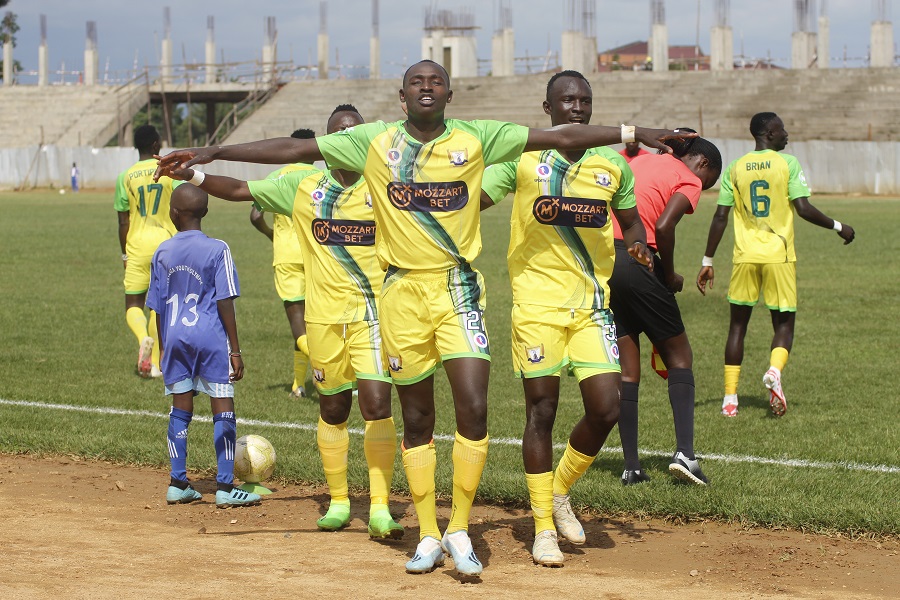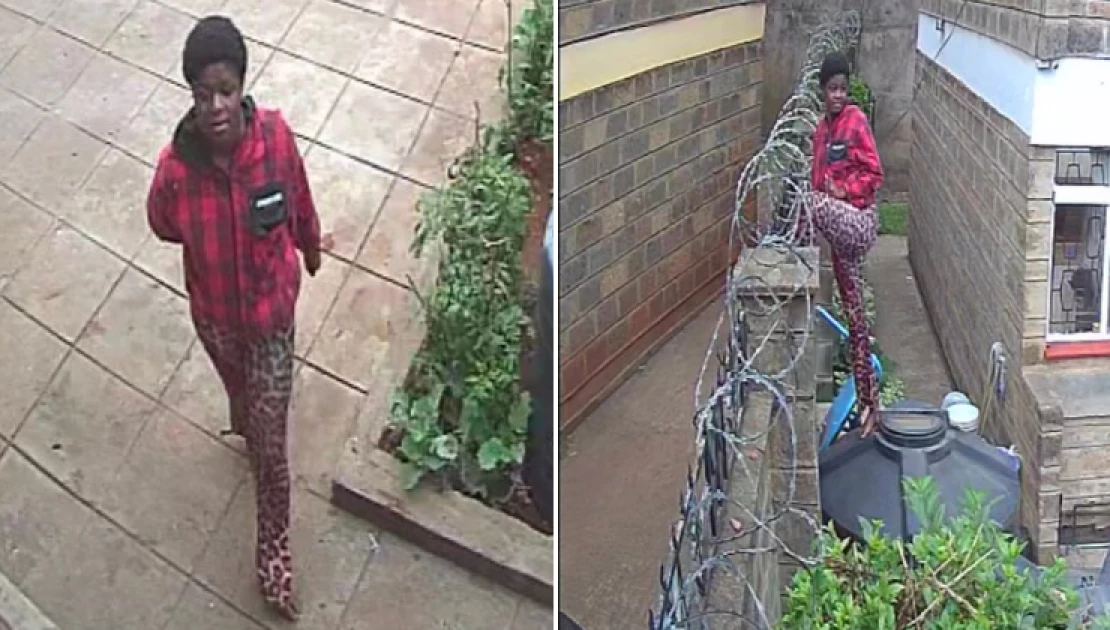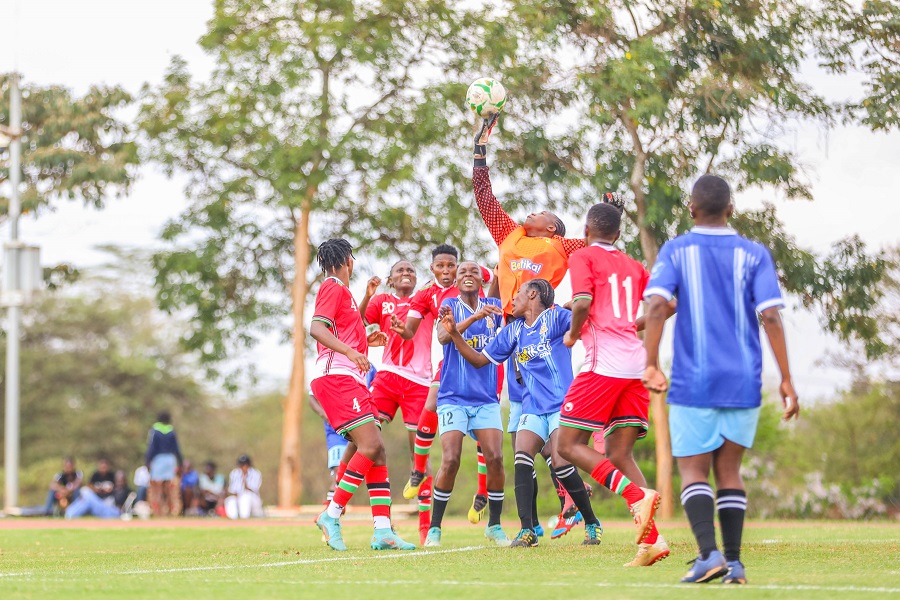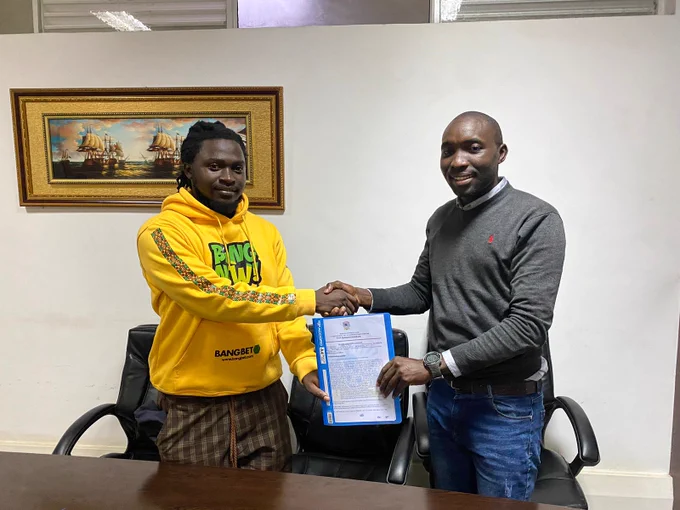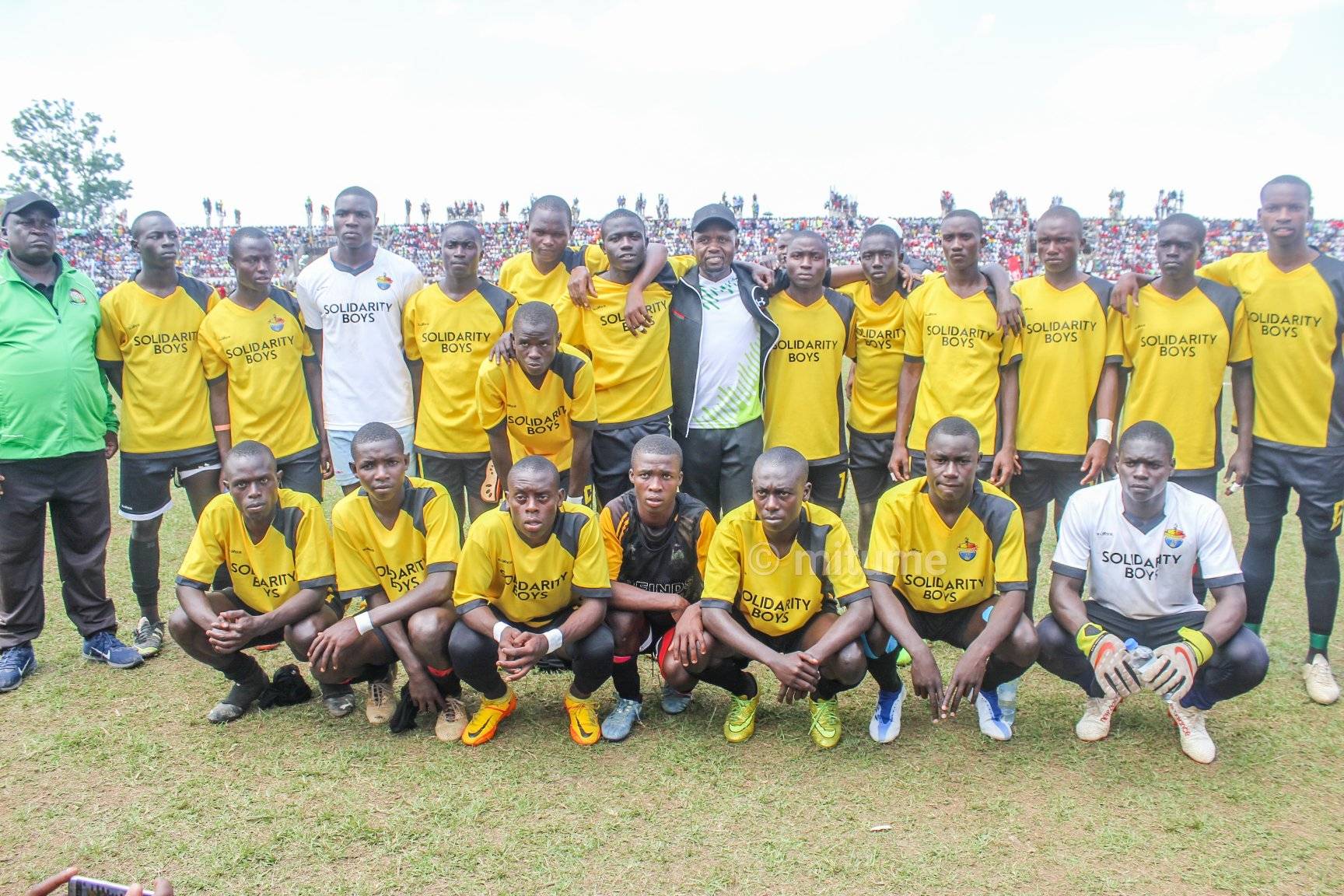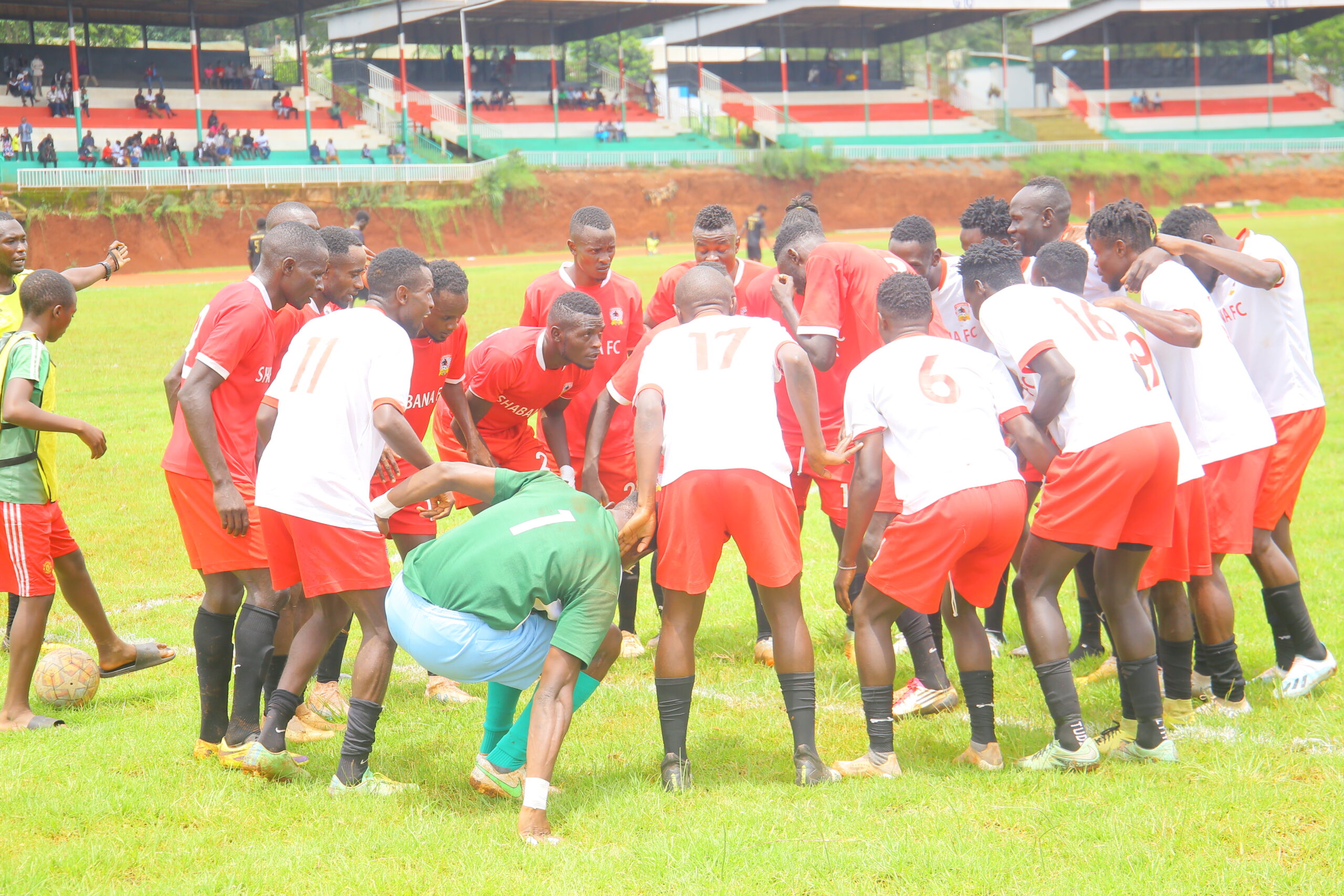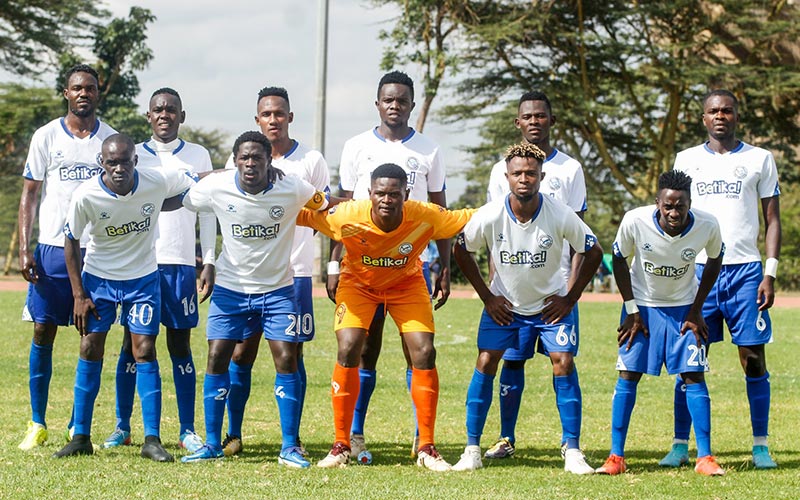Unknown to her family, Cimarron had become the target of an online predator thousands of miles away, in Northern Ireland.


Cimarron Thomas, 12, lived in West Virginia but was abused by McCartney from a room in Northern Ireland
The predator, 26-year-old Alexander McCartney, was one of the most notorious “catfishers” in the UK, known for manipulating and blackmailing vulnerable young girls. Using fake identities and false promises, he manipulated Cimarron, eventually gaining access to personal photos, which he then used to blackmail her for more explicit content.
This manipulation took a toll on Cimarron, who, feeling helpless, tragically ended her life in 2018. The trauma rippled through her family, leading her father, a U.S. Army veteran, to also take his life 18 months later.
A Family’s Heartbreak and the Road to Justice
They were an ordinary American family, but in 2018, a predator was about to bring destruction to their lives. Using a fake persona, McCartney contacted her online, complimented her on her appearance, and began grooming her before she sent him an intimate photo.
The court heard that during the first abusive interaction, he kept her online for an hour and 45 minutes, demanding sexual and degrading images. He told her if she didn’t send him more photos, he’d publish the ones he already had on the internet.
Cimarron went back to school and did not tell anyone about the abuse. McCartney continued to pursue Cimarron and contacted her four days later using another fake account, saying: “I want to play one more time.”
Despite pleading for McCartney to stop and being visibly upset, he told her to “dry your eyes” and involve her younger sister, aged nine, in a sex act. Cimarron refused and said she would rather kill herself.
McCartney then put up a countdown clock, telling her “goodbye and good luck”. Three minutes later, Cimarron was found by her nine-year-old sister, who entered the room after she thought she heard a balloon pop. She had shot herself in the head with the family’s legally-held firearm. Cimarron was taken to hospital where she was pronounced dead. Police have released the 911 call of the family calling for help.
On that fateful day in May 2018, Cimarron’s nine-year-old sister found her lying on the floor of her parents’ bedroom with a gun by her side. Her family had no idea why she had taken her life and were unaware of the ordeal she had been subjected to.
Her mother, Stephanie, told investigators that she might have been unsure of her sexuality. Eighteen months later, Cimarron’s father then took his own life.Cimarron’s grandparents, Peggy and Dale Thomas, later recounted the unbearable pain in court, describing how they were robbed of watching their granddaughter grow up.
The case became a landmark in Northern Ireland, as McCartney faced manslaughter charges for his role in Cimarron’s death. He eventually pleaded guilty to 185 charges involving child exploitation, impacting young victims worldwide.
For Peggy and Dale, the journey toward justice became a means of raising awareness. Through a BBC documentary, they opened up about the horrors of online predation in hopes of saving other families from similar tragedies.
A Global Pattern of Manipulation and Abuse
McCartney’s actions were not confined to the U.S.; his reach spanned continents, with victims from New Zealand and beyond. One New Zealand father, “Stephen,” shared how his daughters were also exploited by McCartney after the predator befriended one of them on Snapchat. Under the guise of a female friend, McCartney lured Stephen’s daughters into sending photos, further manipulating and threatening them.
As investigators delved into the case, they uncovered a staggering 3,500 victims, their lives forever altered by McCartney’s predatory actions. Many of these victims continue to suffer from PTSD, trust issues, and mental health challenges—a testament to the deep scars left by online predators.
































































































































































